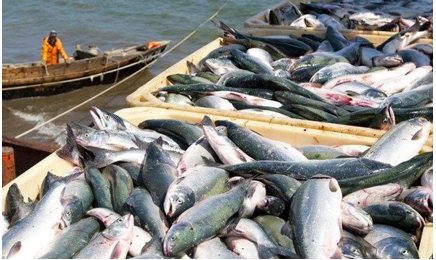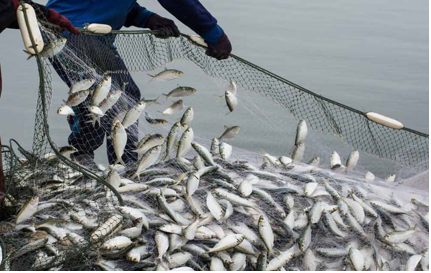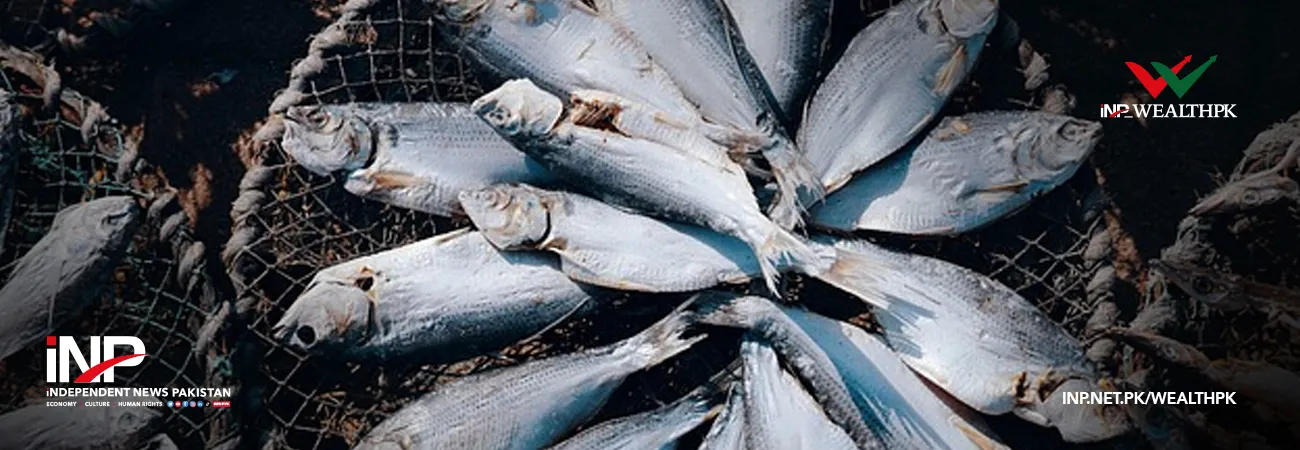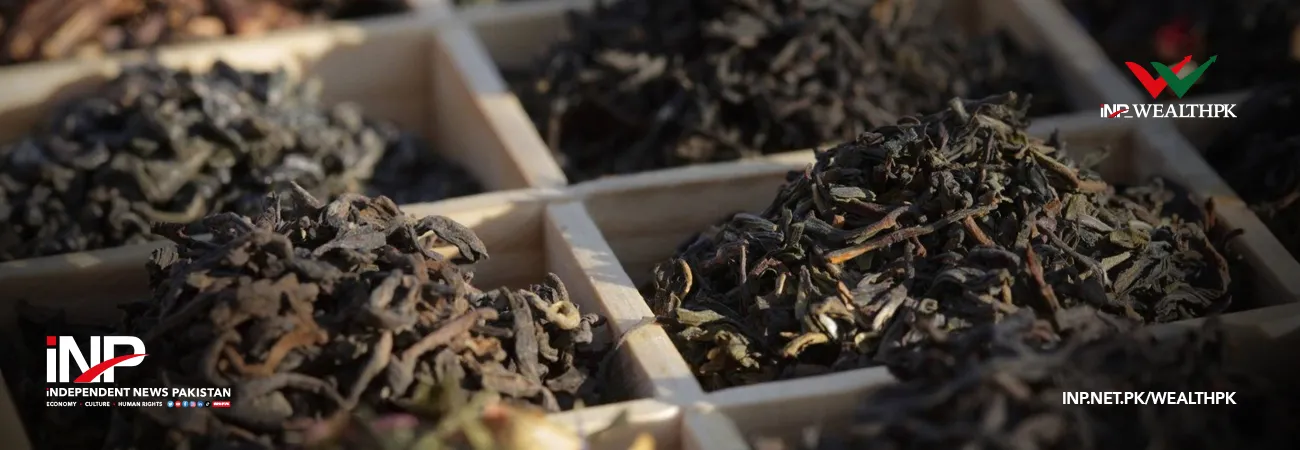INP-WealthPk
Ahmed Khan Malik
Balochistan’s fisheries sector seeks special fiscal and taxation incentives in the upcoming budget to enhance its productivity, which has been stagnant for many years.

The province holds immense fisheries potential, yet it remains significantly underdeveloped. With over 770 kilometers of coastline, the province could become a major hub of seafood production, exports, and employment. However, outdated infrastructure, lack of modern equipment, poor supply chain logistics, and minimal government intervention continue to strait-jacket the sector’s productivity, people associated with the sector told WealthPK.

Fisheries contribute significantly to the livelihood of coastal communities. According to estimates, over 400,000 people in the province are directly or indirectly dependent on this sector. The province’s waters are home to commercially valuable species such as shrimp, lobster, tuna, and various demersal and pelagic fish. Despite this, the annual yield remains far below its true potential due to traditional fishing methods, inefficient processing, and poor storage facilities.
“Most local fishermen still use small wooden boats without GPS, sonar, or modern navigation systems, limiting their fishing capacity and increasing risks at sea. Absence of cold storage and modern landing sites leads to spoilage, reducing both quality and profits,” Dil Murad Baloch, an Ormara-based fisheries trader, said. He said reliance on non-mechanized boats and nets limits the quantity and quality of the catch.
Bycatch and overfishing of juveniles are also serious concerns due to a lack of regulation enforcement, he said, adding that many coastal towns lack essential infrastructure such as jetties, ice plants, and cold storage facilities, which results in post-harvest losses estimated to be as high as 30%. He also highlighted the lack of training and technology transfer, as there is little institutional support to train fishermen in modern methods, sustainable practices, or seafood value addition techniques.
Murad also identified the lack of effective governance, weak enforcement of fishing laws, and poor coordination between federal and provincial authorities as key obstacles hindering the sector’s development. Talking with WealthPK, Bashir Jan, a fisheries exporter, said that unlocking the potential of Balochistan’s fisheries sector, a comprehensive modernization plan is needed, including investment in infrastructure such as modern fish harbors, cold storage units, and processing facilities in coastal areas like Gwadar, Pasni, and Ormara.
He also emphasized training of fishermen in sustainable practices, deep-sea fishing, and seafood processing techniques. He called for promoting aquaculture by encouraging fish and shrimp farming through incentives and technical support, which could diversify income sources and reduce pressure on wild stocks besides encouraging private investment in fish processing, export-oriented businesses, and eco-tourism related to fisheries.
Bashir proposed improved marine research and stock assessments to help develop science-based policies for sustainable fisheries management. He said with rising global demand for seafood and increasing awareness of sustainable practices, the time is ripe for Pakistan to strategically invest in this sector. Upgrading infrastructure, adopting modern technology, and supporting local communities can uplift the sector, he added.
Credit: INP-WealthPk













